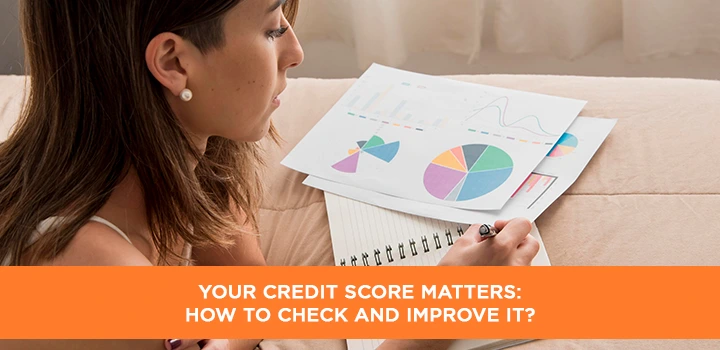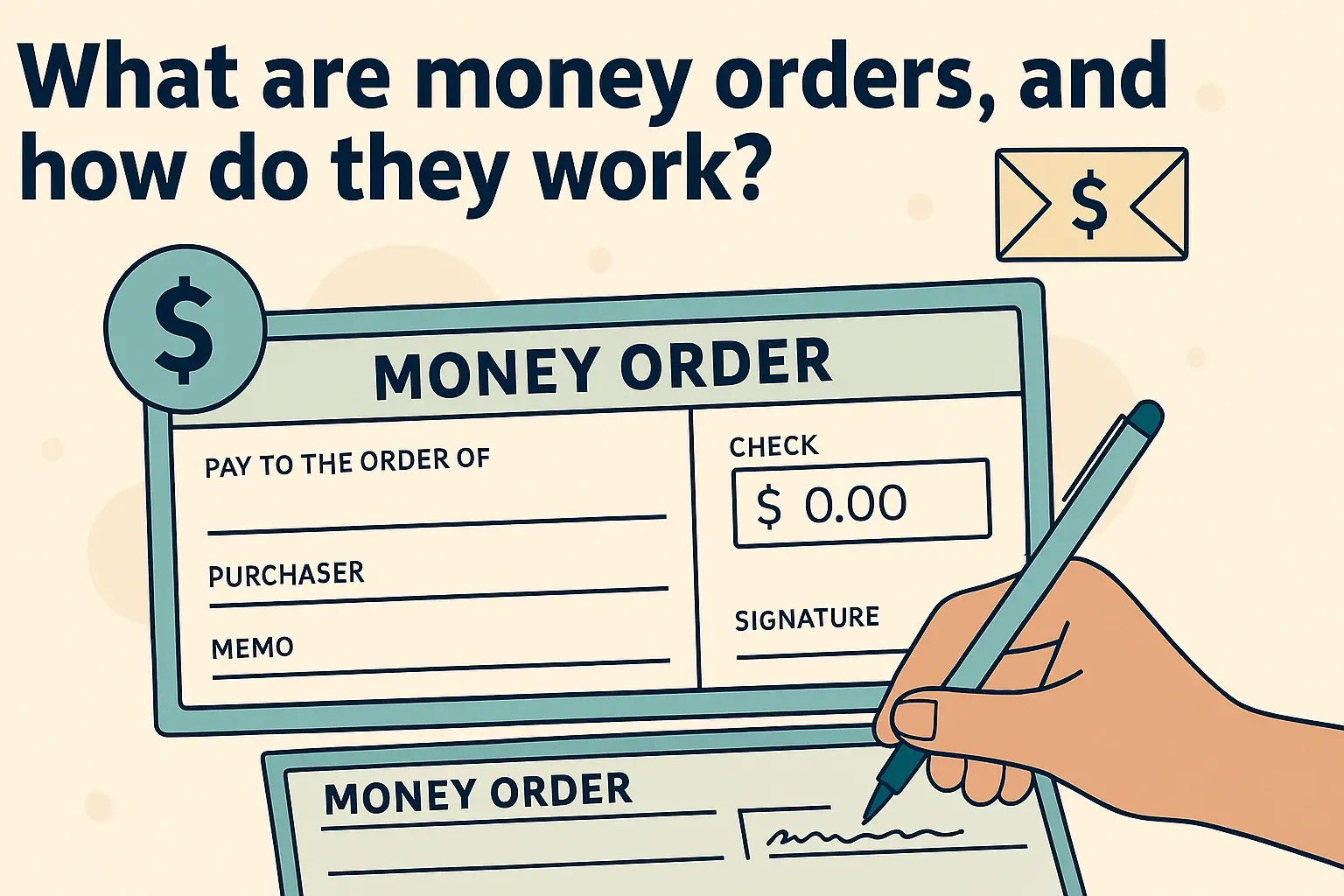-
Posted on: 23 Aug 2024

-
Debt consolidation is a popular strategy for managing multiple debts by combining them into a single, more manageable loan or credit line. While the goal is to simplify payments and potentially lower interest rates, a common concern is whether this process negatively affects your credit score. The truth is nuanced – debt consolidation can impact your credit score both positively and negatively, depending on various factors.
How Debt Consolidation Works
Before diving into the credit score implications, let's briefly review how debt consolidation works. There are several common methods:
- Debt Consolidation Loans: This involves taking out a new loan, ideally with a lower interest rate, to pay off your existing debts. These can be secured (backed by an asset) or unsecured (not backed by an asset).
- Balance Transfer Credit Cards: Transferring high-interest balances from multiple credit cards to a single card with a lower introductory APR.
- Home Equity Loans or HELOCs: Using the equity in your home to secure a loan for debt consolidation. Be cautious with this, as your home is at risk if you can't repay.
- Debt Management Plans (DMPs): Working with a credit counseling agency to create a repayment plan, often involving lower interest rates and consolidated payments. This is typically used for unsecured debt.
The Potential Negative Impacts of Debt Consolidation on Your Credit Score
While debt consolidation aims to improve your financial situation, certain aspects can negatively impact your credit score. Here's a breakdown:
1. Hard Credit Inquiries
Applying for a debt consolidation loan or a new credit card usually results in a "hard inquiry" on your credit report. A hard inquiry occurs when a lender checks your credit history to assess your creditworthiness for a loan or credit. Too many hard inquiries within a short period can slightly lower your credit score. The impact is usually small and temporary, but it's something to be aware of, especially if you're shopping around for the best rates.
2. Opening a New Account
When you take out a debt consolidation loan or open a balance transfer credit card, you're opening a new credit account. While a new account eventually helps build your credit history over time, it can initially lower your average age of accounts, which is a factor in your credit score. A shorter credit history can be viewed as riskier by lenders.
3. Closing Old Accounts
After consolidating your debts, you'll likely close the old accounts that were paid off. Closing accounts can lower your credit utilization ratio and can affect your credit score negatively. Credit utilization is the amount of credit you're using compared to your total available credit. It's a significant factor in your credit score, typically accounting for around 30%.
For example, if you have three credit cards each with a $1,000 limit, your total available credit is $3,000. If you carry a balance of $1,500 across those cards, your credit utilization is 50%. Paying off those cards with a debt consolidation loan and then closing them reduces your total available credit to just the consolidation loan (or balance transfer card). This can significantly increase your credit utilization, especially if you have a high balance on the consolidation loan.
4. Potential for Higher Credit Utilization on the New Account
As mentioned above, if you transfer a substantial amount of debt to a new balance transfer card or take out a large debt consolidation loan, your credit utilization on that new account can be high initially. Aim to keep your credit utilization below 30% of the new account's credit limit for the best credit score benefits.
5. Late Payments on the Consolidation Loan
Failing to make timely payments on your new debt consolidation loan or balance transfer card will undoubtedly harm your credit score. Payment history is the most significant factor in your credit score, accounting for approximately 35%. Consistent on-time payments are crucial for maintaining and improving your credit score.
The Potential Positive Impacts of Debt Consolidation on Your Credit Score
Despite the potential downsides, debt consolidation can also positively influence your credit score under the right circumstances.
1. Improved Credit Utilization Ratio
If you can significantly lower your overall credit utilization ratio through debt consolidation, it can boost your credit score. For example, if you were previously juggling multiple credit cards with high balances and high utilization, transferring those balances to a single balance transfer card with a lower interest rate (and then keeping the utilization low) can be beneficial.
2. Simplified Payment Management and On-Time Payments
One of the biggest advantages of debt consolidation is simplifying your payment schedule. Instead of managing multiple due dates and interest rates, you have a single payment to focus on. This makes it easier to stay on top of your payments and avoid late fees, which can severely damage your credit score. Consistent on-time payments over time will steadily improve your creditworthiness.
3. Lowering Your Debt-to-Income Ratio (DTI)
Debt consolidation, especially when combined with a lower interest rate, can reduce your monthly debt payments. This can improve your debt-to-income ratio (DTI), which is the percentage of your gross monthly income that goes toward debt payments. A lower DTI makes you a more attractive borrower to lenders and can positively impact your creditworthiness in the long run.
4. Reduced Stress and Improved Financial Stability
While not a direct impact on your credit score, the reduced stress and improved financial stability that debt consolidation can provide can lead to better financial habits overall. When you're less stressed about managing multiple debts, you're more likely to make responsible financial decisions, such as budgeting effectively, avoiding unnecessary spending, and consistently paying your bills on time.
Minimizing the Negative Impact and Maximizing the Benefits
Here are some tips to minimize the negative impact of debt consolidation on your credit score and maximize the potential benefits:
- Shop Around for the Best Rates: Compare interest rates and terms from multiple lenders before choosing a debt consolidation loan or balance transfer card. This will help you find the most affordable option and minimize your overall debt burden.
- Avoid Opening Too Many New Accounts: Limit the number of credit applications you submit within a short period to avoid too many hard inquiries on your credit report.
- Keep Your Credit Utilization Low: Aim to keep your credit utilization below 30% on your new debt consolidation loan or balance transfer card. This shows lenders that you're managing your credit responsibly.
- Make Timely Payments: Prioritize making timely payments on your debt consolidation loan or balance transfer card. Set up automatic payments to avoid missing due dates.
- Don't Close Old Accounts Immediately: Consider keeping some of your older credit card accounts open (but not used) to maintain a longer credit history and lower your overall credit utilization. Just be sure you're not tempted to rack up new debt on these cards.
- Consider a Debt Management Plan (DMP) with a Credit Counseling Agency: If you're struggling to manage your debt on your own, a DMP can provide structure and support. A reputable agency will negotiate with your creditors to lower interest rates and create a manageable repayment plan.
Alternatives to Debt Consolidation
Debt consolidation isn't the only option for managing debt. Consider these alternatives:
- Debt Snowball Method: Pay off your smallest debts first, regardless of interest rate, to build momentum and motivation.
- Debt Avalanche Method: Pay off the debt with the highest interest rate first to save money on interest charges in the long run.
- Negotiate with Creditors: Contact your creditors directly to negotiate lower interest rates, payment plans, or settlement offers.
- Budgeting and Expense Tracking: Track your income and expenses to identify areas where you can cut back and free up more money for debt repayment.
Conclusion
Debt consolidation doesn't automatically lower your credit score. It's a tool that, when used wisely, can actually improve your financial situation and boost your creditworthiness over time. The key is to be mindful of the potential negative impacts, take steps to minimize them, and focus on establishing good financial habits, such as making timely payments and keeping your credit utilization low. Carefully weigh the pros and cons before deciding if debt consolidation is the right solution for you.








